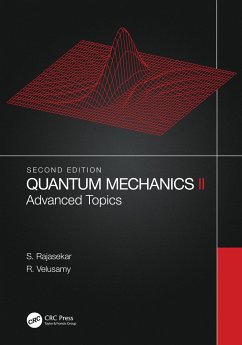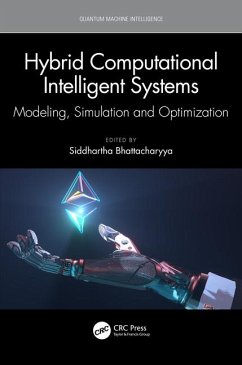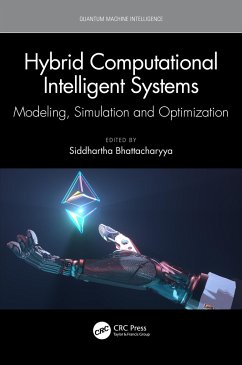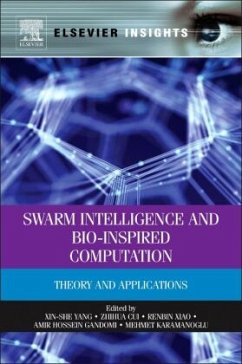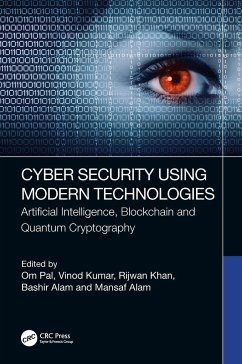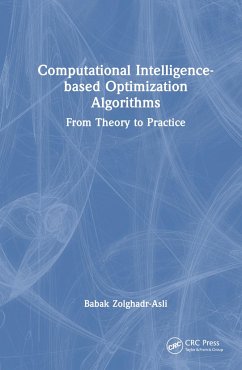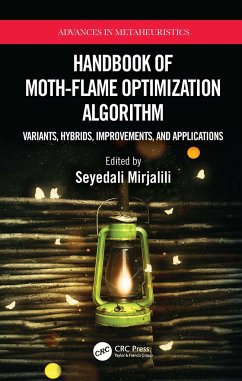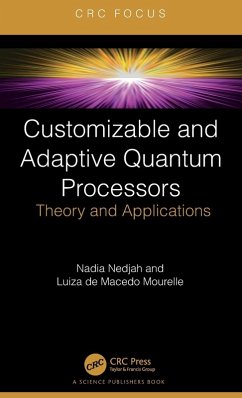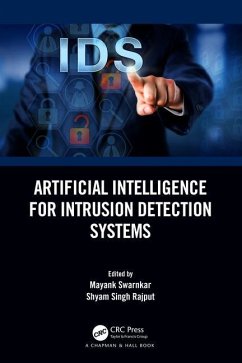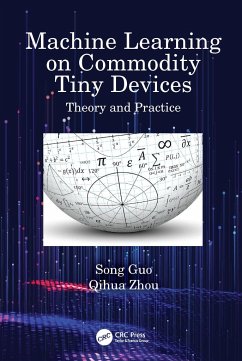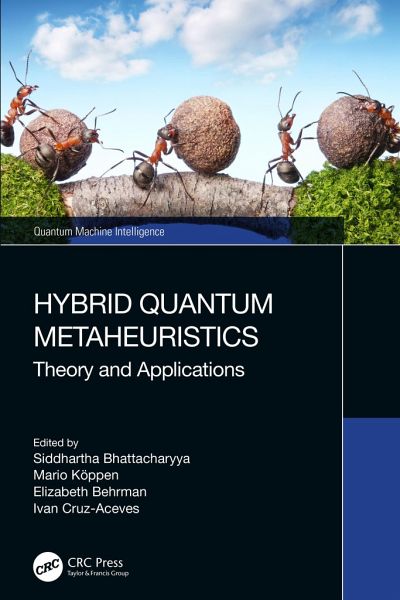
Hybrid Quantum Metaheuristics
Theory and Applications
Herausgegeben: Bhattacharyya, Siddhartha; Köppen, Mario; Behrman, Elizabeth; Cruz-Aceves, Ivan
Versandkostenfrei!
Versandfertig in 6-10 Tagen
138,99 €
inkl. MwSt.
Weitere Ausgaben:

PAYBACK Punkte
69 °P sammeln!
The reference text introduces the principles of quantum mechanics to evolve hybrid metaheuristics-based optimization techniques useful for real world engineering and scientific problems.The text covers advances and trends in methodological approaches, theoretical studies, mathematical and applied techniques related to hybrid quantum metaheuristics and their applications to engineering problems. The book will be accompanied by additional resources including video demonstration for each chapter. It will be a useful text for graduate students and professional in the field of electrical engineerin...
The reference text introduces the principles of quantum mechanics to evolve hybrid metaheuristics-based optimization techniques useful for real world engineering and scientific problems.
The text covers advances and trends in methodological approaches, theoretical studies, mathematical and applied techniques related to hybrid quantum metaheuristics and their applications to engineering problems. The book will be accompanied by additional resources including video demonstration for each chapter. It will be a useful text for graduate students and professional in the field of electrical engineering, electronics and communications engineering, and computer science engineering, this text:
Discusses quantum mechanical principles in detail.
Emphasizes the recent and upcoming hybrid quantum metaheuristics in a comprehensive manner.
Provides comparative statistical test analysis with conventional hybrid metaheuristics.
Highlights real-life case studies, applications, and video demonstrations.
The text covers advances and trends in methodological approaches, theoretical studies, mathematical and applied techniques related to hybrid quantum metaheuristics and their applications to engineering problems. The book will be accompanied by additional resources including video demonstration for each chapter. It will be a useful text for graduate students and professional in the field of electrical engineering, electronics and communications engineering, and computer science engineering, this text:
Discusses quantum mechanical principles in detail.
Emphasizes the recent and upcoming hybrid quantum metaheuristics in a comprehensive manner.
Provides comparative statistical test analysis with conventional hybrid metaheuristics.
Highlights real-life case studies, applications, and video demonstrations.




